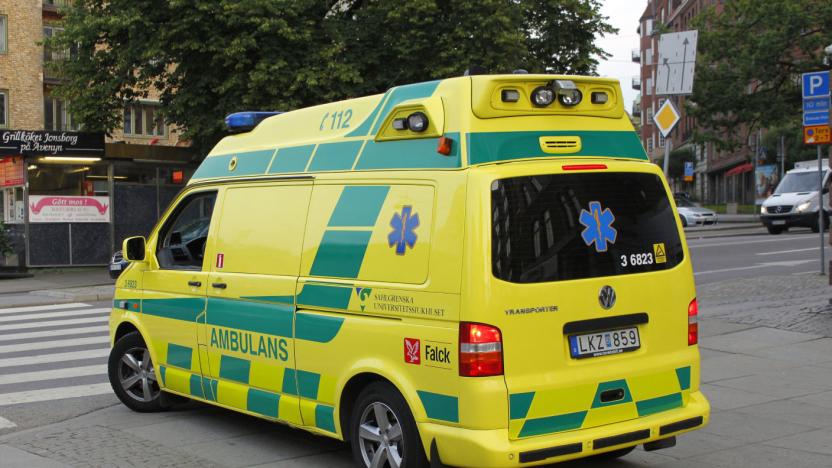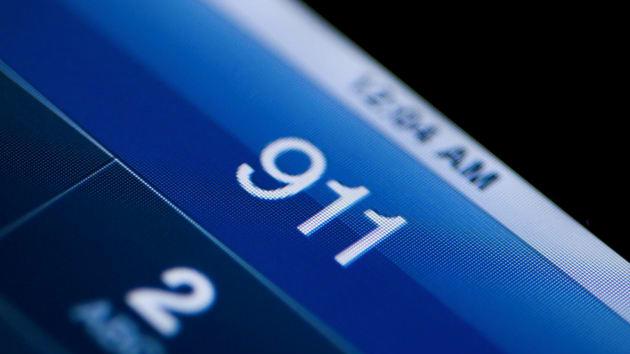ambulance
Latest

Swedish Ambulances can hijack your in-car tunes during emergencies
When people tell you not to play music at full blast in your car, they're not necessarily raining on your parade -- there's a real concern that you might not hear an emergency vehicle until the last moment. You might not have to worry quite so much if a Swedish experiment proves successful, though. Ambulances in Stockholm are testing a KTH-made system (EVAM) that interrupts in-car audio with a voice warning when they're close by and responding to a crisis. The only requirement is that your car's FM tuner support the Radio Data System format, which is common in the cars you see on the road. The interruptions are speed-sensitive, too, so you'll get notices at greater distances when you're on the highway.

Drones may get better cell service thanks to an old ambulance
Aerial internet connections will likely be crucial for courier drones and other robotic aircraft, but modern-day cell towers are usually designed to serve people on the ground, not machines in the skies. What to do? Carnegie Mellon researchers might have an answer. They've converted an old ambulance into a full cellular network, and they're using it to test connections to quadcopter drones carrying phones on their stomachs. As it turns out, in-air wireless links aren't that reliable using current technology -- you need to point the antennas upward, and the signals propagate differently above a cell site than they do below.

999 services must embrace texts and apps, says report
While technology has helped the UK's emergency services evolve, people in need are largely required to report incidents by calling 999. It's an adequate solution for the majority of cases, but if someone is the victim of a break-in, picking up the phone just isn't feasible. That's why the the Institution of Engineering and Technology (IET), the world's biggest professional engineering institution, is calling for some modernisation. It argues that in a world where smartphones, messaging apps and social media services are widespread, letting Brits text 999 in a time of need could save more lives by allowing for faster responses.

Washington, DC's 911 dispatch system beset by delays and malfunctions
Washington, DC, has a new 911 dispatch system and it's not working. Late last year, tablets were installed in ambulances and firetrucks. But instead of boosting efficiency, the system has been malfunctioning almost every day. Following the death of an 18-month-old boy who choked on a grape, an investigation revealed that dispatchers alerted an ambulance about a mile away, instead of a unit closer to the toddler's home.

200 miles later, ambulance crew learns to be skeptical of GPS
As much as we like playing with GPS devices and using them on the road, there's no substitute for good ol' fashioned maps (not to mention, um, common sense) for navigating unfamiliar territory. An ambulance crew attempting to transfer a patient from a hospital from London (King George Hospital) to another in Brentwood -- a mere 12 miles (19.3 kilometers) to the northeast -- ended up blindly following their nav unit, which somehow guided them 200 miles to the northwest, all the way to the outskirts of Manchester. Eight hours after setting out on their journey, the ambulance finally made it to the appropriate destination (Mascalls Park Hospital) -- luckily for them, according to United Press International, the "patient's health was not jeopardized" and "the drivers have been told to study their geography and learn to think for themselves." What a novel concept.[Via UPI, thanks Dan]


